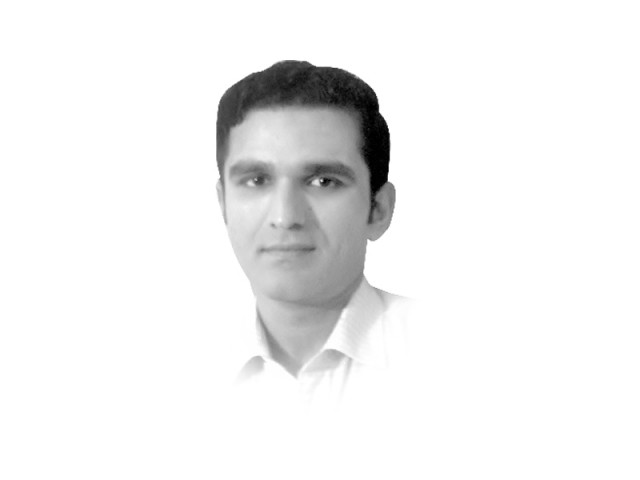Whose sovereignty?
In commonwealth countries, it is clear that work of parliament is ‘political’ & does not reflect will or work of God.

Whose sovereignty?
Firstly, when the Objectives Resolution was being debated, some members of the opposition foresaw this as politicisation of religion and Indian revolutionary Bhupendra Kumar Datta stated that with this resolution, the house was “run(ing) the risk of subjecting religion to criticism, which will rightly be resented as sacrilegious”.
Secondly, this resolution has led to the existential crisis that we are currently in. Laws in Pakistan are generally based on the British parliamentary system, where all powers emanate from parliament as the supreme body. The Act of Settlement of 1701 showed that parliament could legislate on the succession of the Crown and restrict its assumption by certain people. Thus, in effect, it was even above the so-called ‘Sovereign’. Therefore, in most commonwealth countries, laws are based on sovereignty of parliament, though in most countries, the judiciary has now been separated from the legislature and given independence. In any case, in all commonwealth countries, it is clear that the work of parliament is ‘political’ and does not necessarily reflect the will or work of God. After all, making God responsible for the actions of mere human beings in such a way is indeed sacrilegious.
In Pakistan, as with other things, we have mixed up concepts. So, within a parliamentary system, we have tried to infuse religious values — which can only be enacted and regulated by people who are well versed in religious law — into politics. While normatively it would not be an issue to assert the ultimate sovereignty of God in our lives, it is dangerous to put it in legal form in the government since someone can simply argue that their mandate is from God to rule. Let us not forget the thankfully ill-fated Fifteenth Amendment brought by Nawaz Sharif in 1998, under which it was widely believed that he was going to declare himself Amir al-Momineen and rule for life! Thanks to Ziaul Haq, we have further complicated our system, where parliament is formally called the ‘Majlis-e-Shoora’ or ‘house of the learned’ and not the house of the ‘elected’. Therefore, one day, it can clearly be argued that the Majlis-e-Shoora does not really need to be elected as long as the people sitting in it are ‘learned.’ And finally, we have a stipulation in Article 62 of the Constitution that the person elected to parliament must be ‘ameen’ and not have violated Islamic injunctions. I do not want to judge our parliamentarians and their religious observances but I wonder how a layperson is even supposed to judge such a thing?
The current tussle is a clash of egos and largely political in nature but since the Constitution is evoked by all sides to legitimatise their cause, we need to address the existential issues that we have been saddled with. I have no problem with the people agreeing to a theocratic government as it is ultimately their choice, but we must be clear about what system we actually want. Being a halfway house between parliamentary democracy and a theocracy will not work and will only add further confusion to our already convoluted situation.
Published in The Express Tribune, July 25th, 2012.













COMMENTS
Comments are moderated and generally will be posted if they are on-topic and not abusive.
For more information, please see our Comments FAQ